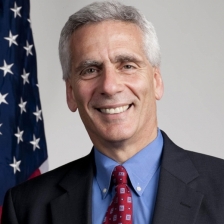

9:00 am EST - 11:30 am EST
Past Event
9:00 am - 11:30 am EST
1775 Massachusetts Avenue NW
Washington, DC
20036
Following an election in which President Obama scored a large victory in the Electoral College, Democrats increased their majority in the Senate, and Republicans maintained control of the House, intense pressure remains – particularly from Republicans – to reduce spending on safety net programs as a means of addressing the nation’s deficit. In addition, tax increases on higher income families will likely be part of the mix.
On December 5, the Center on Children and Families at Brookings and Spotlight on Poverty and Opportunity held an event to examine the impact of the election on programs affecting the poor and contributing to opportunity for economic advancement. How has the election affected threats to enact major cuts in anti-poverty programs like Medicaid, the Supplemental Nutrition Assistance Program (SNAP), and the Earned Income Tax Credit (EITC)?
To answer this and related questions, we heard from two major political figures within the Democratic Party and the Republican Party as well as a panel of experts with extensive experience in previous administrations.



Wendy Edelberg, Noadia Steinmetz-Silber
April 23, 2024
2024
The Brookings Institution, Washington DC
1:00 pm - 2:30 pm EDT

Janet Gornick, David Brady, Ive Marx, Zachary Parolin
April 17, 2024